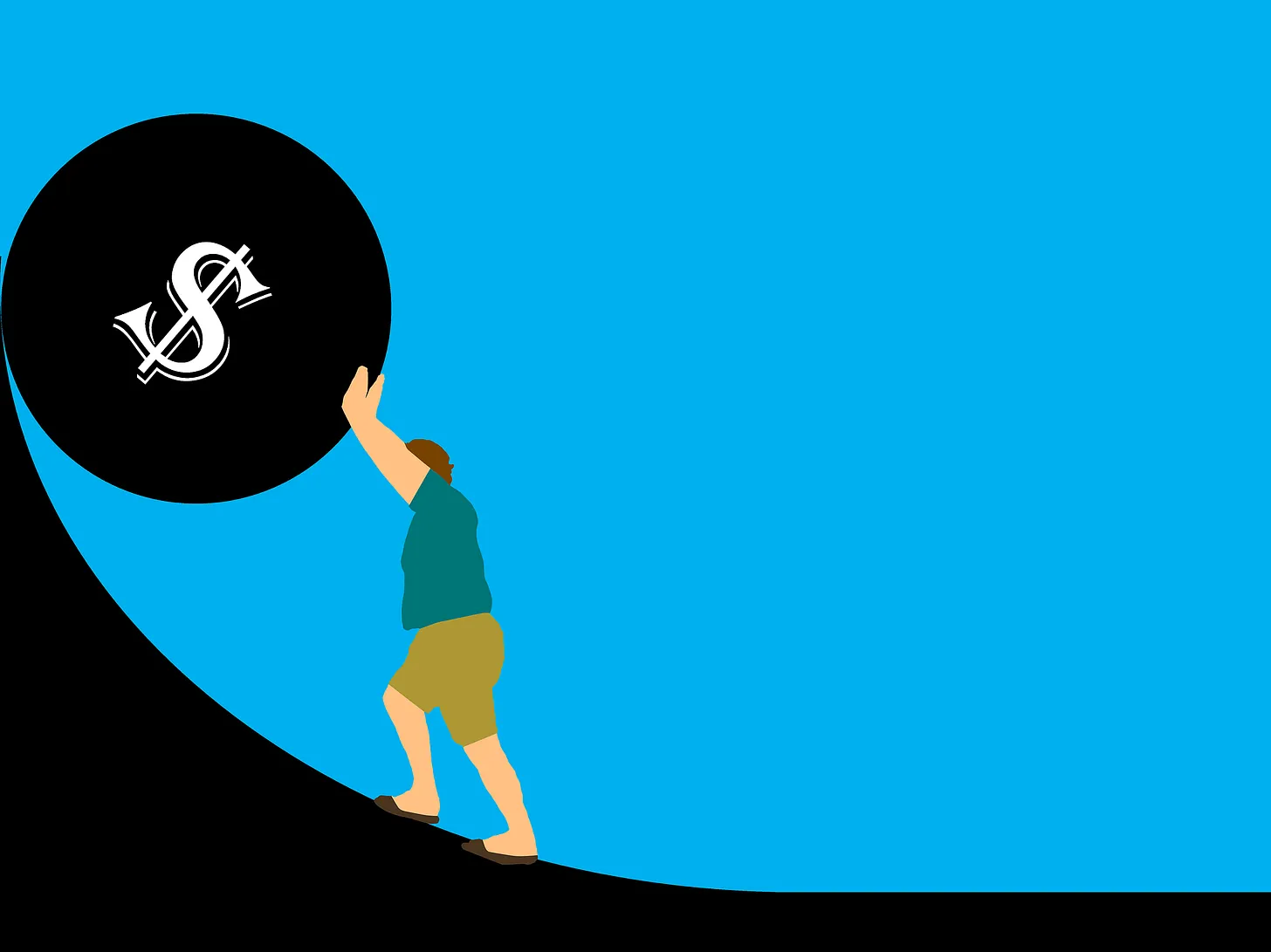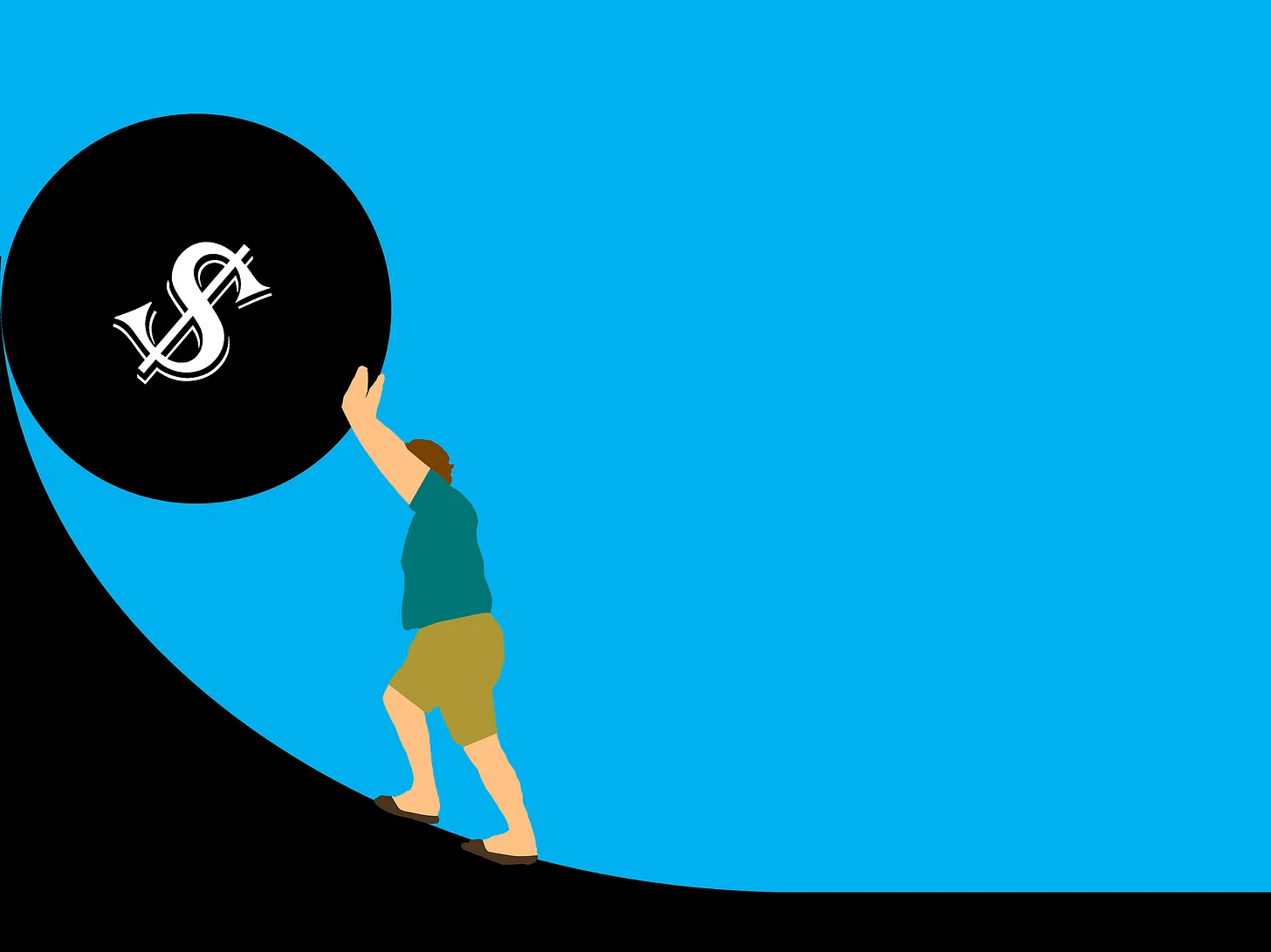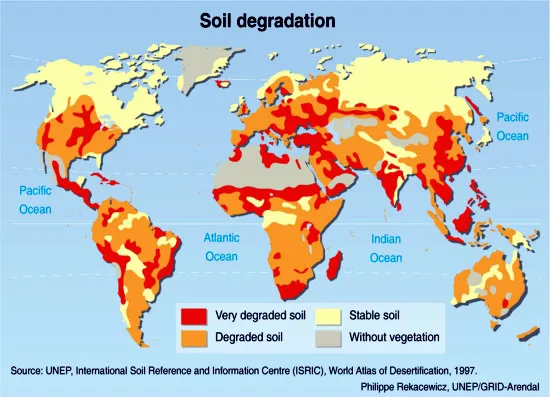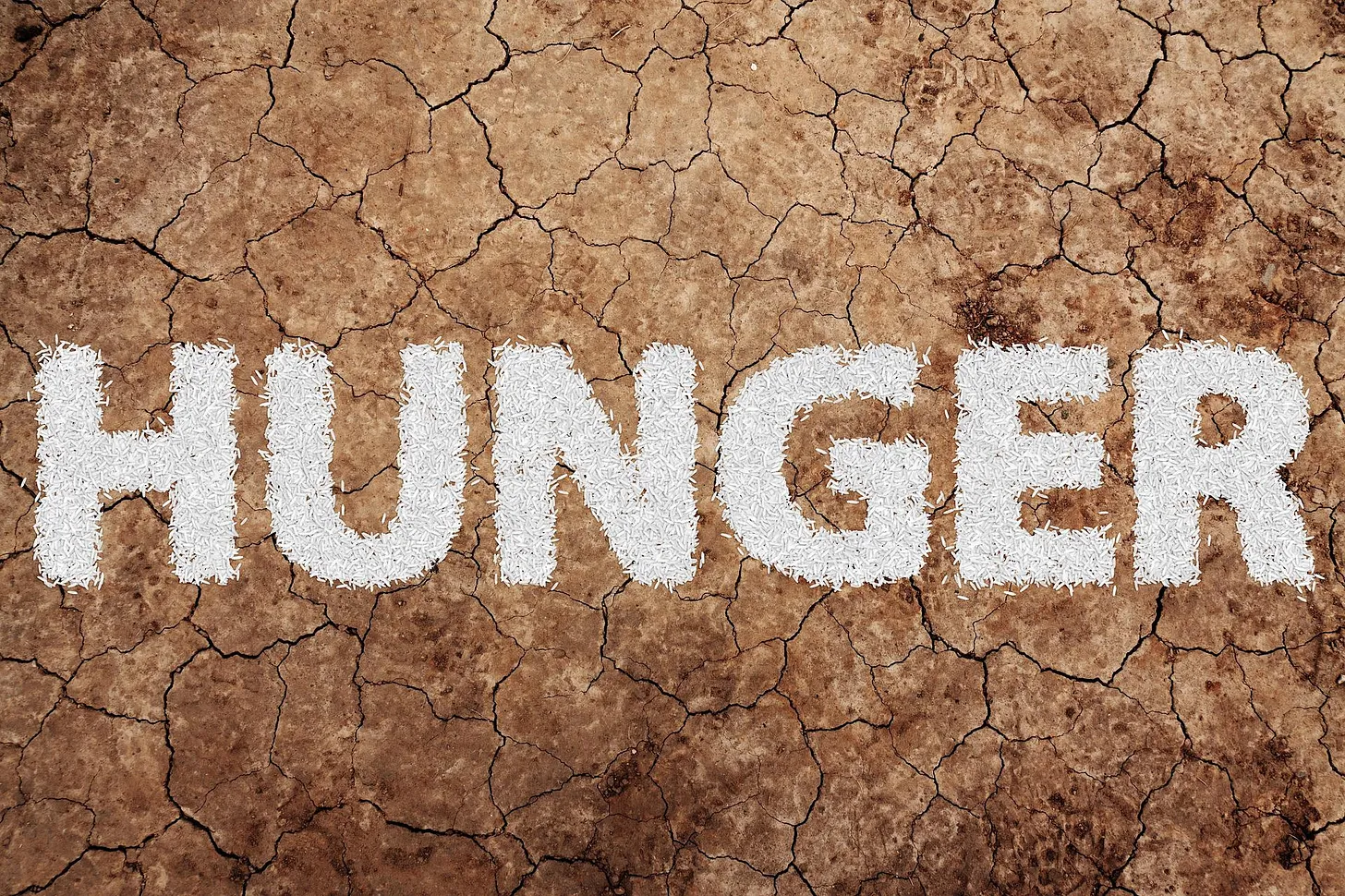The dead end of monotropic capitalism

Monotropism is the tendency to focus on only one thing, one approach. This term is used in biology and psychology. It comes from "mono", that means "one" and "tropism" that means "way" or "manner".

What I call monotropic capitalism is the paradigm of thought that puts the capacity for material capitalization (no matter how or in what form) before anything else.
This material capitalization often appears correlated to financial capitalization, but it is not the ultimate goal. The obsession with material capitalization is simply the translation of the will to power over the material world. This will to power thus authorizing the possibility of achieving objectives.
The current system has been shaped and elaborated in order to allow those who have been in a position of domination at a given moment in history to remain so.
The decision-making paradigm of almost all political bodies in the world is to maximize material capitalization in an immediate (short-term) way.
Of the materially powerful people in this world, only some of them have specific, philosophical goals. The vast majority will have no other objective than to increase and perpetuate their status of material power. That is to say, to use their capacity of capitalization of power to capitalize more and more power.
This attitude, this paradigm of thought and projection, is a disease. We can affirm it because its infinite continuation can only produce the complete destruction of all life.
Here is the reason: the will to accumulate power is applied to put the things of this world under control. However, life can only flourish by appropriating spaces of freedom where it can not only develop but also evolve. The behavior of these spaces of freedom is extremely difficult to predict and immediately clashes with the human will to control based on simplistic views.
This is exactly how modern chemical agriculture approaches the problem of crop pests. Through immediate and rigid control, through destruction and asepsis, we have hoped to keep nature and its vexing vagaries under control.
In doing so, and because all things are interconnected and life is a dynamic of order and chaos requiring spaces of freedom (while inducing multiple constraints too), we have only killed life bit by bit, to the point of reducing some lands to a barren desert.

This civilizational paradigm is not synergetic. If we go back to the usual 7 points, here is what we observe:
it is not efficient (the long term balance between what will have been produced and what will have been consumed is rather bad, mainly because of the non-reusability of the products and the pollution generated by their manufacturing);
the accessibility of the products coming from this model is low, and even more so since the systematization of property patents and high technologies (rare material and components);
producers (agriculture, industry, services) are almost never transparent about their work (because of a lack of time, a lack of interest or directly because of a business strategy);
the predictability of the use of products is weak: obsolescence, programmed or not, is largely involved, patents often prevent from knowing how products are made, which are not designed to be durable either, more and more high-tech products are designed to be remotely controlled by the companies in a subtle way;
the products are less and less simple, favoring the captivity of the users and the control of the companies through patents and highly specific technical skills;
products are almost never reusable or fully disassemblable;
consumers often seem to be frustrated by products (poor quality, malfunctioning, complexity, unhealthy, etc), the excess of consumption can also be taken as a sign of non-contentment.
One of the most common consequences of the monotropic capitalism is scam, coming from the companies that aim to sell their products, no matter what commercial techniques they will use for it, playing with the legal limits and always looking for new ways to increase their profit, even if it means being absolutely dishonest and putting customers in terrible situations. This attitude also exists as a mirror from employees toward their employers (usually in a less manipulative way though, just because they act individually or in small groups and not as a system specifically designed to scam customers to some extent) and, of course, between companies themselves (B2B).
Another common consequence is the obfuscation of design, coming with systematic obsolescence.
In fact, almost no company is genuinely working on creating synergetic products as it is not immediately rewarding under this economic and political system.
This is the reason why we need to find other ways of rewarding synergetic realizations.
I use here the term "monotropic capitalism" and not "capitalism" alone because the principle of capitalization is inherent to nature, like a squirrel preparing winter by storing grains. But, as always, when a good idea is turned into the sole purpose of life, it rapidly becomes a nightmare.
We have to let this nightmare aside if we want to live in a synergetic world. And it is not an unreachable utopia that we are looking for, it is the opportunity of creating spaces of synergy, where another paradigm is in motion, where the people involved experience a deep feeling of contentment in every aspect of their lives, including material security and comfort.
That's what Synergetic Design is all about.



